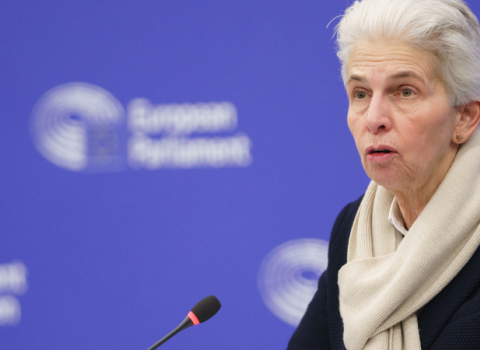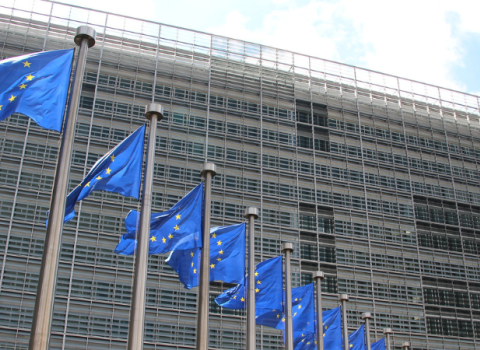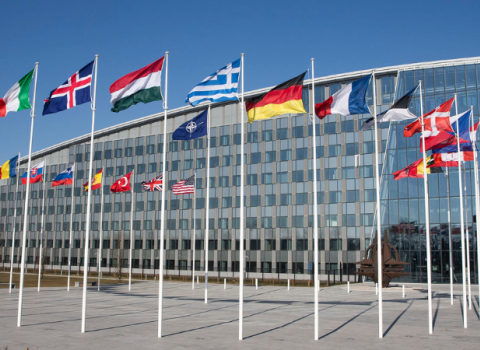Horizon Europe projects will aim to develop new tools and techniques to prevent cyberattacks, fight crime and terrorism, and tighten border controls

With the COVID-19 pandemic pushing the EU’s cyber resilience to its limits, the European Commission is to allocate €134.8 million for research to improve cybersecurity in 2021 and 2022, as it seeks to build a more cohesive cross-border cyber defence strategy.
Read The Horizon PapersScience|Business is publishing here all the draft Horizon Europe work programmes available to us. You can read them here. Or, if you have additional ones, you can send them to [email protected] (anonymously, if you wish.) |
The Horizon Europe funding will help to develop new tools to protect against cyberattacks that are undermining “the cohesion and functioning of our democracy,” a draft programme says.
According to a report by EU’s cybersecurity agency ENISA, the pandemic-fuelled rise in remote working has left cybersecurity professionals struggling to deal with, “a variety of novel attacks where the entry points are employees’ internet-connected homes.”
Hackers have also been targeting public institutions. Last year, a cyberattack on the European Medicines Agency leaked COVID-19 vaccine data, which the perpetuators then manipulated to undermine trust in vaccines.
The Horizon Europe draft work programme outlines four topics for this year to achieve the EU’s cybersecurity objectives: recovery and business continuity after an attack; improved security in open-source hardware for connected devices; artificial intelligence; and preserving privacy for cross-border computation. The Commission is planning to fund 16 projects this year, with a budget of €67.5 million.
In 2022, another €67.3 million will go to projects aimed at monitoring and responding to digital threats, developing methodologies and tools to test the security of hardware and software, transitioning to quantum-resistant cryptography, and creating tools used for certification of ICT products, services and processes.
Given the threat from cyberattacks, the Commission says new cybersecurity technologies will be “strategic assets, as well as being key growth technologies for the future.”
Crime & terrorism research
This year the Commission is planning to allocate €56 million to research aimed at fighting crime and terrorism. This will try to improve techniques for analysing large datasets to improve crime detection, to use 5G, quantum computing and encryption in combatting disinformation, and to improve access to data needed in fighting crime and terrorism.
In 2022, a smaller budget of €31 million will support researchers working on improving crime scene investigations, protecting public spaces while avoiding mass surveillance, fighting corruption, illegal drug production and human trafficking.
An additional budget of €30.5 million is available this year for research projects to improve border surveillance and maritime security and support the work of the European Border and Coast Guard, and EU customs authorities. In 2022, researchers can apply for a total of €25 million for projects that improve underwater detection in EU waters and ports, and for detecting fake travel documents.
Resilient infrastructure & society
The Commission has also allocated €20 million for the development of new technologies to protect European infrastructures against systemic risks from terrorist groups and agencies of foreign powers. Another €11 million will be spent in 2022 for solutions inspired by, supported by, or copied from, nature, to enhance the resilience of urban infrastructure.
This year, €72 million will allocated to projects aiming to reduce losses caused by extreme weather events and geological hazards, and to improve standardisation of procedures and technologies for disaster management.
Another €16 million will allocated in 2021 for assessments of the maturity of security technologies and the establish knowledge networks for security research and innovation, and to set up national contact points in the field of security and cybersecurity.





 A unique international forum for public research organisations and companies to connect their external engagement with strategic interests around their R&D system.
A unique international forum for public research organisations and companies to connect their external engagement with strategic interests around their R&D system.